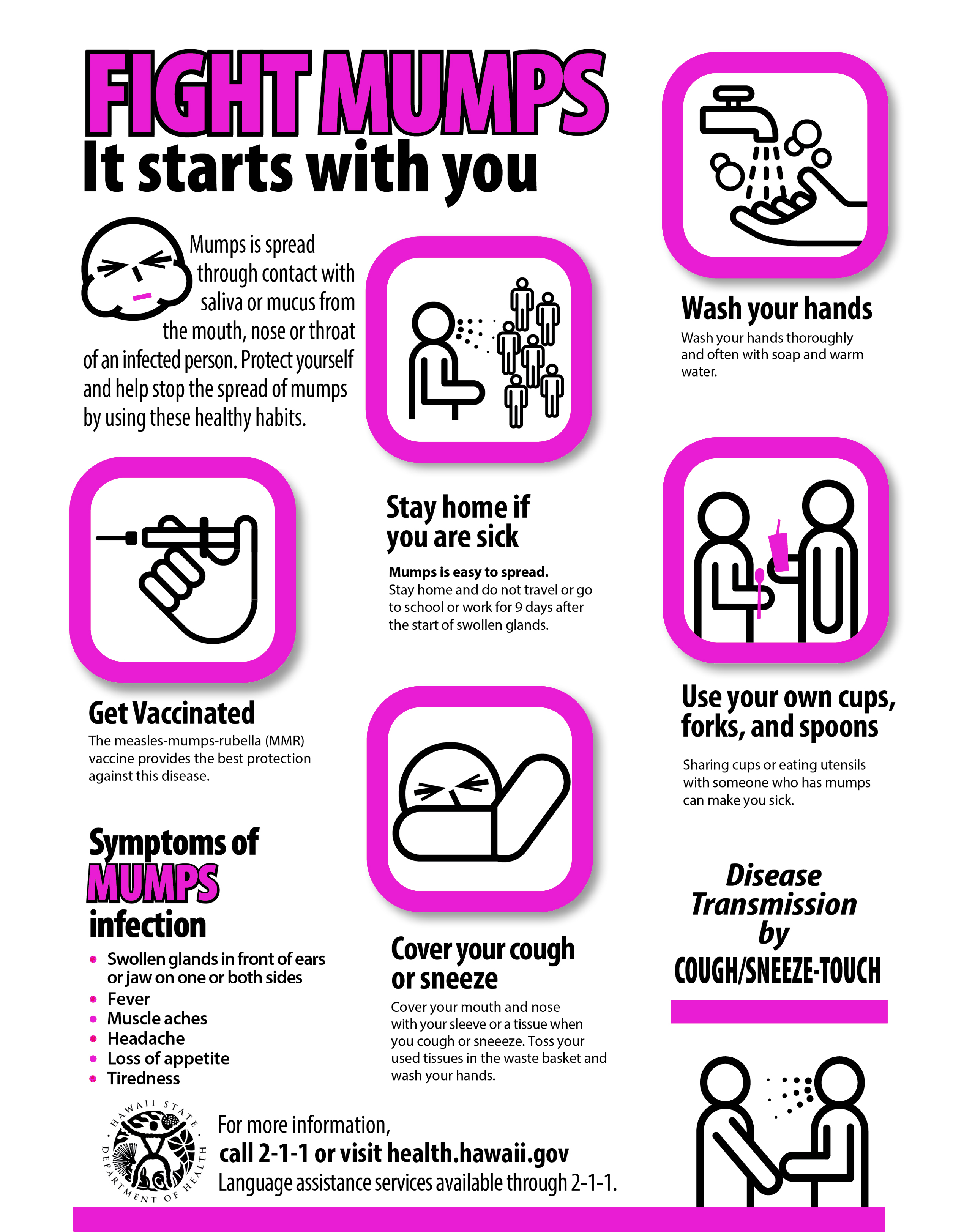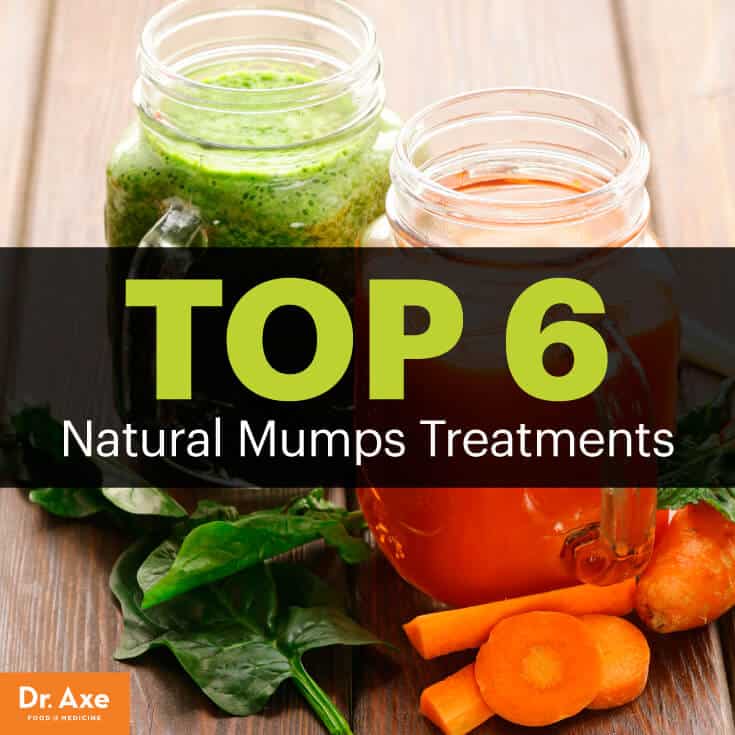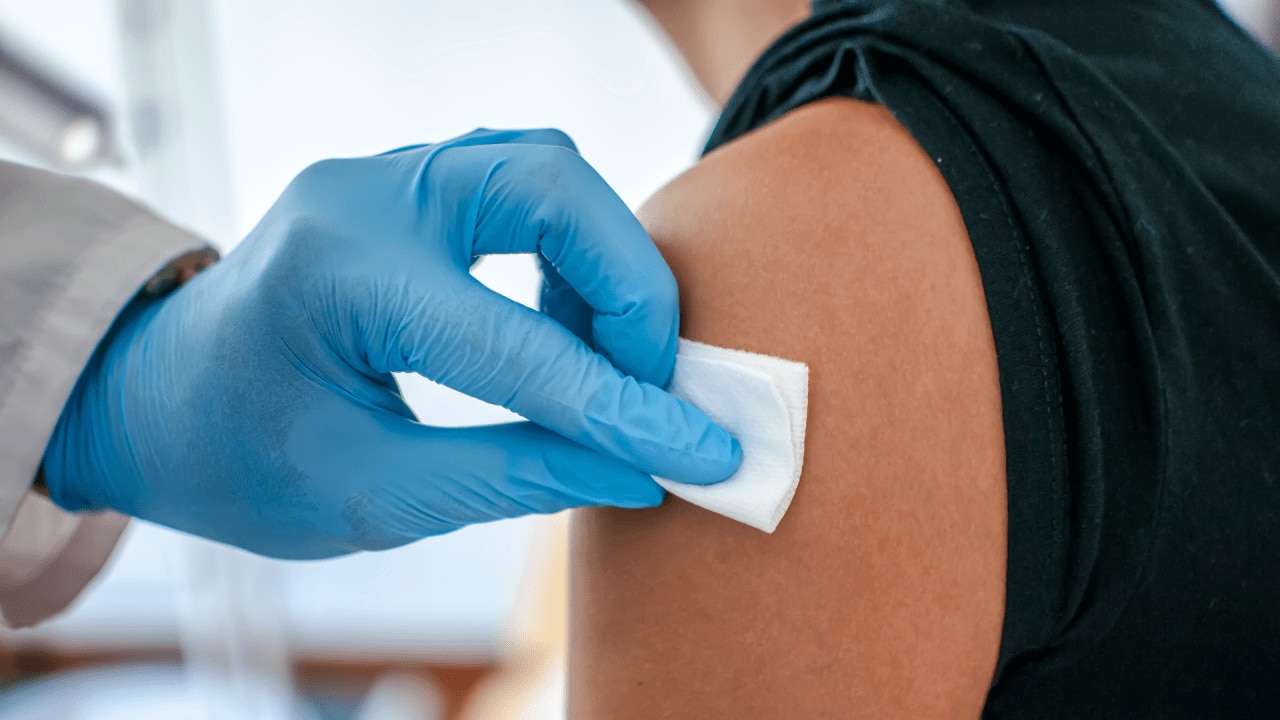Mumps During Pregnancy
Mumps During Pregnancy - Mumps can be prevented through vaccination. If you're planning a pregnancy, speak with your. The incidence of mumps infection during pregnancy is between 0.8 and 10 cases per 10,000 pregnancies[1]. Having measles, mumps, or rubella during pregnancy might increase the chance of stillbirth (fetal death after 20 weeks). Mumps may cause problems during pregnancy. Having measles, mumps, or rubella during pregnancy might increase the chance of stillbirth (fetal death after 20 weeks).
Having measles, mumps, or rubella during pregnancy might increase the chance of stillbirth (fetal death after 20 weeks). The incidence of mumps infection during pregnancy is between 0.8 and 10 cases per 10,000 pregnancies[1]. Having measles, mumps, or rubella during pregnancy might increase the chance of stillbirth (fetal death after 20 weeks). If you're planning a pregnancy, speak with your. Mumps can be prevented through vaccination. Mumps may cause problems during pregnancy.
Mumps can be prevented through vaccination. Having measles, mumps, or rubella during pregnancy might increase the chance of stillbirth (fetal death after 20 weeks). Having measles, mumps, or rubella during pregnancy might increase the chance of stillbirth (fetal death after 20 weeks). Mumps may cause problems during pregnancy. The incidence of mumps infection during pregnancy is between 0.8 and 10 cases per 10,000 pregnancies[1]. If you're planning a pregnancy, speak with your.
How Mumps Is Treated
Mumps can be prevented through vaccination. The incidence of mumps infection during pregnancy is between 0.8 and 10 cases per 10,000 pregnancies[1]. If you're planning a pregnancy, speak with your. Having measles, mumps, or rubella during pregnancy might increase the chance of stillbirth (fetal death after 20 weeks). Having measles, mumps, or rubella during pregnancy might increase the chance of.
CDC on Twitter "Mumps spreads easily & has no treatment once your baby
The incidence of mumps infection during pregnancy is between 0.8 and 10 cases per 10,000 pregnancies[1]. Mumps may cause problems during pregnancy. Mumps can be prevented through vaccination. Having measles, mumps, or rubella during pregnancy might increase the chance of stillbirth (fetal death after 20 weeks). If you're planning a pregnancy, speak with your.
Mumps What You Need To Know » Student Health Care Center » College of
Having measles, mumps, or rubella during pregnancy might increase the chance of stillbirth (fetal death after 20 weeks). Having measles, mumps, or rubella during pregnancy might increase the chance of stillbirth (fetal death after 20 weeks). If you're planning a pregnancy, speak with your. The incidence of mumps infection during pregnancy is between 0.8 and 10 cases per 10,000 pregnancies[1]..
10 Symptoms of Mumps Facty Health
Mumps can be prevented through vaccination. If you're planning a pregnancy, speak with your. The incidence of mumps infection during pregnancy is between 0.8 and 10 cases per 10,000 pregnancies[1]. Mumps may cause problems during pregnancy. Having measles, mumps, or rubella during pregnancy might increase the chance of stillbirth (fetal death after 20 weeks).
Disease Outbreak Control Division Print Materials
If you're planning a pregnancy, speak with your. Having measles, mumps, or rubella during pregnancy might increase the chance of stillbirth (fetal death after 20 weeks). Having measles, mumps, or rubella during pregnancy might increase the chance of stillbirth (fetal death after 20 weeks). Mumps may cause problems during pregnancy. Mumps can be prevented through vaccination.
Harrison County Public Health Nursing Measles and Mumps
The incidence of mumps infection during pregnancy is between 0.8 and 10 cases per 10,000 pregnancies[1]. Having measles, mumps, or rubella during pregnancy might increase the chance of stillbirth (fetal death after 20 weeks). Mumps can be prevented through vaccination. If you're planning a pregnancy, speak with your. Mumps may cause problems during pregnancy.
Top 6 Ways to Treat Mumps Naturally Dr. Axe
If you're planning a pregnancy, speak with your. Having measles, mumps, or rubella during pregnancy might increase the chance of stillbirth (fetal death after 20 weeks). Mumps can be prevented through vaccination. Mumps may cause problems during pregnancy. The incidence of mumps infection during pregnancy is between 0.8 and 10 cases per 10,000 pregnancies[1].
Mumps Overview and More
Mumps may cause problems during pregnancy. Having measles, mumps, or rubella during pregnancy might increase the chance of stillbirth (fetal death after 20 weeks). Mumps can be prevented through vaccination. The incidence of mumps infection during pregnancy is between 0.8 and 10 cases per 10,000 pregnancies[1]. If you're planning a pregnancy, speak with your.
Mumps Pediatrics MSD Manual Professional Edition
Mumps can be prevented through vaccination. Having measles, mumps, or rubella during pregnancy might increase the chance of stillbirth (fetal death after 20 weeks). If you're planning a pregnancy, speak with your. The incidence of mumps infection during pregnancy is between 0.8 and 10 cases per 10,000 pregnancies[1]. Having measles, mumps, or rubella during pregnancy might increase the chance of.
Here are 5 things to start doing if you want to get pregnant, according
Mumps can be prevented through vaccination. Having measles, mumps, or rubella during pregnancy might increase the chance of stillbirth (fetal death after 20 weeks). Mumps may cause problems during pregnancy. The incidence of mumps infection during pregnancy is between 0.8 and 10 cases per 10,000 pregnancies[1]. If you're planning a pregnancy, speak with your.
The Incidence Of Mumps Infection During Pregnancy Is Between 0.8 And 10 Cases Per 10,000 Pregnancies[1].
If you're planning a pregnancy, speak with your. Having measles, mumps, or rubella during pregnancy might increase the chance of stillbirth (fetal death after 20 weeks). Mumps may cause problems during pregnancy. Having measles, mumps, or rubella during pregnancy might increase the chance of stillbirth (fetal death after 20 weeks).
:max_bytes(150000):strip_icc()/mumps-symptoms-5af490068023b90036d04b1d.png)






:max_bytes(150000):strip_icc()/mumps-causes-5af0940efa6bcc0037882eca-3714f0fe8eaa40e393f937ca74e91086.png)

